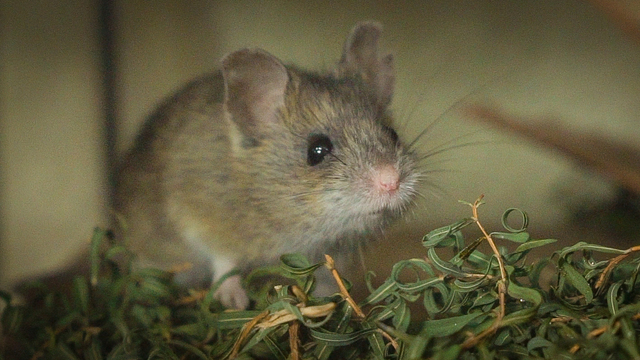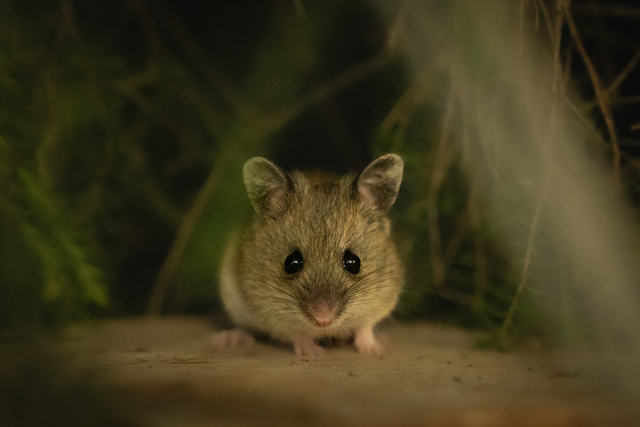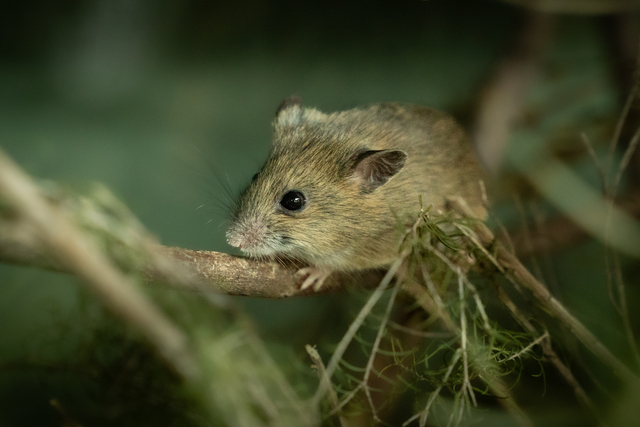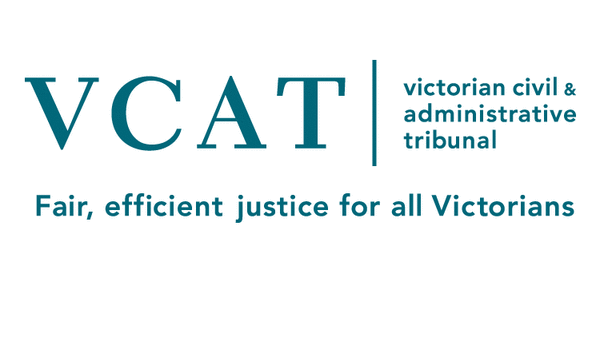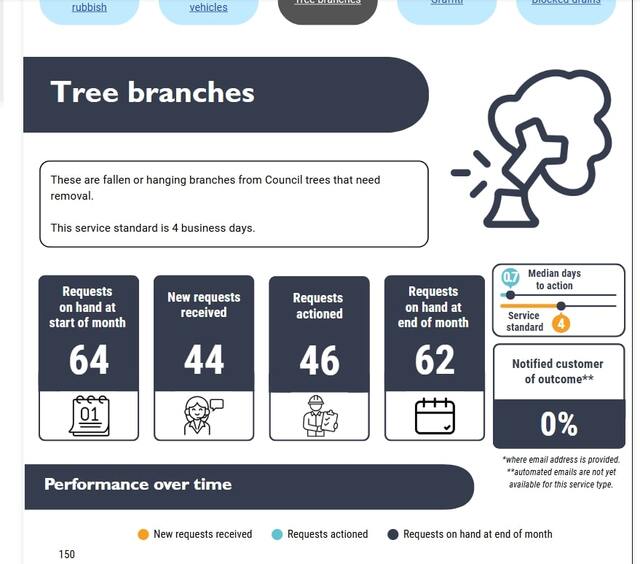Cranbourne’s botanic garden reintroduced the endangered New Holland Mouse, a species also known as Pookila.
On Wednesday 8 May, 28 Pookila were released at Royal Botanic Gardens Cranbourne.
Native to south-eastern Australia, the small, burrowing rodent inhabits open heathland and coastal areas, mostly feeding on native plant seeds, leaves, and fungi.
Shy and nocturnal, Pookila can be distinguished from the house mouse by their bicolored tail, large eyes, soft, thick fur, and a lack of ‘mousey’ odour.
Pookila has been in decline in population since its discovery in Victoria in 1970. They are considered extinct at seven of 12 known locations throughout Victoria, due to fire, drought, and predation by feral cats and foxes. They were last seen at Cranbourne Gardens in 1976.
The 28 Pookila have been specially bred at Melbourne Zoo and Moonlit Sanctuary as part of the Victorian Pookila Conservation Breeding and Reintroduction Program. The program was established in 2022, when founding Pookila were sourced from the five remaining locations in Victoria. Following careful matchmaking, the Pookila born for release are more genetically healthy and diverse than those left in the wild.
Zoos Victoria native rodent biologist Dr Phoebe Burns said Zoos Victoria was proud to be leading this reintroduction program as part of wider efforts to recover the species in the state.
“This is the culmination of decades of work by dedicated conservation scientists. It’s so exciting to be at the point where we get to return the Pookila to the Royal Botanic Gardens Cranbourne after nearly 50 years of absence,” she said.
The Pookila were released into a small fenced-off area, to prepare them for a full release into Cranbourne Gardens in the next six to eight weeks. They will be carefully monitored and fed as they get used to their new home.
“The soft-release process will allow Pookila to adjust to their new home, get used to the weather, dig burrows, and experience Cranbourne Gardens while remaining safe and well-fed,” Dr Burns said.
“Once they’re ready, we’ll let them look after themselves, but continue to keep a close eye on them.”
Royal Botanic Gardens Cranbourne manager environmental systems Ricardo Simao said the Gardens were thrilled to re-introduce Pookila into Cranbourne Gardens.
“We are thrilled to re-introduce Pookila to Cranbourne Gardens, and are grateful to Zoos Victoria, Moonlit Sanctuary and partners for making this possible,” he said.
“Royal Botanic Gardens Cranbourne is home to over 450 native plant species in its bushland, with native grasses and landscapes which will provide many safe hiding spots for this little creature.
“We also have predator-proof fencing to protect them from cats and foxes.”
Mammal Coordinator Kiandra Debus from Moonlight Sanctuary said Moonlit Sanctuary was excited to play a crucial role in this historic moment of reintroducing Pookila to their former habitat in our region.
“Through careful planning, cooperation, and animal husbandry we are able to help give this incredible species a chance to thrive in the wild,” she said.
“This project highlights the significance of collaborative conservation efforts in preserving our precious biodiversity.”
The name Pookila is derived from a Ngarigo word for “mouse” – bugila – and was adopted by the Federal Government in 1995 as an Indigenous name for the species formerly known as the New Holland Mouse.
The five remaining Victorian sites, believed to contain fewer than 3000 Pookila, are in Gippsland, including at Wilsons Promontory and Loch Sport.
The Victorian Pookila Conservation Breeding and Reintroduction Program is a joint project between the Department of Energy, Environment and Climate Action, Gippsland Water, Moonlit Sanctuary Wildlife Conservation Park, Parks Victoria, Royal Botanic Gardens Victoria, Zoos Victoria, and partners in Gunaikurnai Land and Waters Aboriginal Corporation and Bunurong Land Council Aboriginal Corporation.
For further information, visit rbg.vic.gov.au/news-and-stories/pookila-reintroduction

